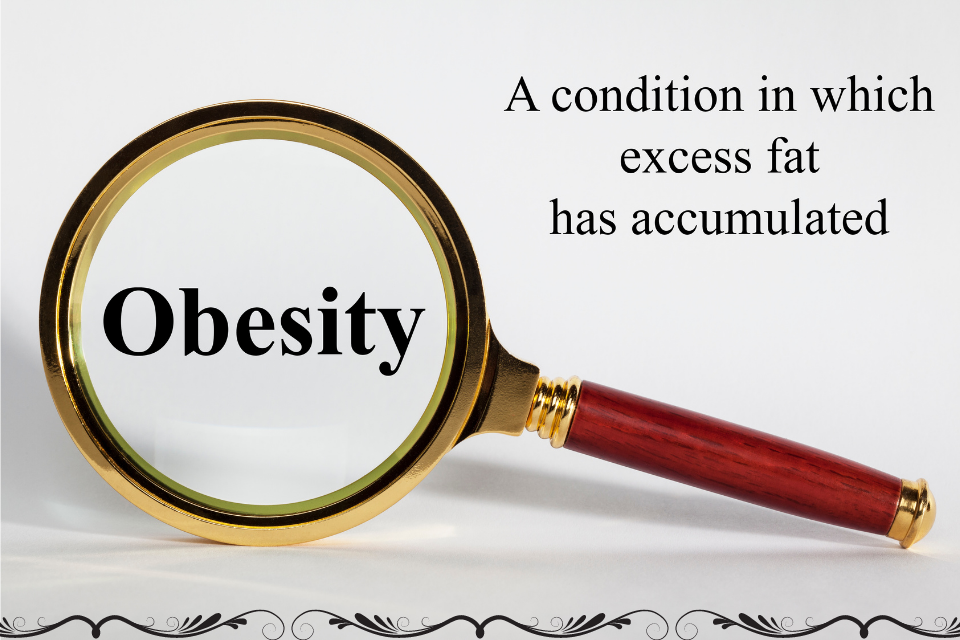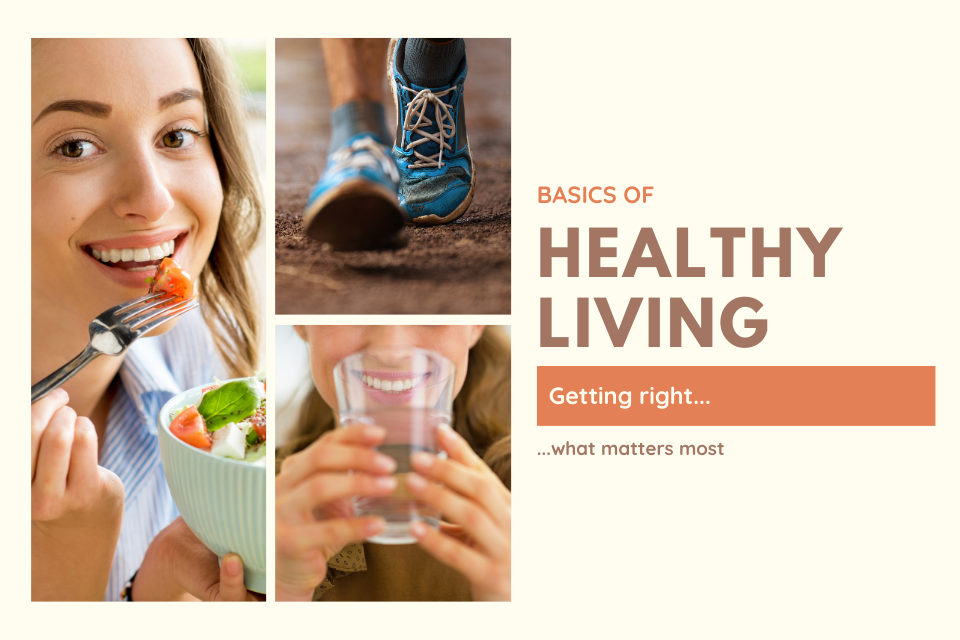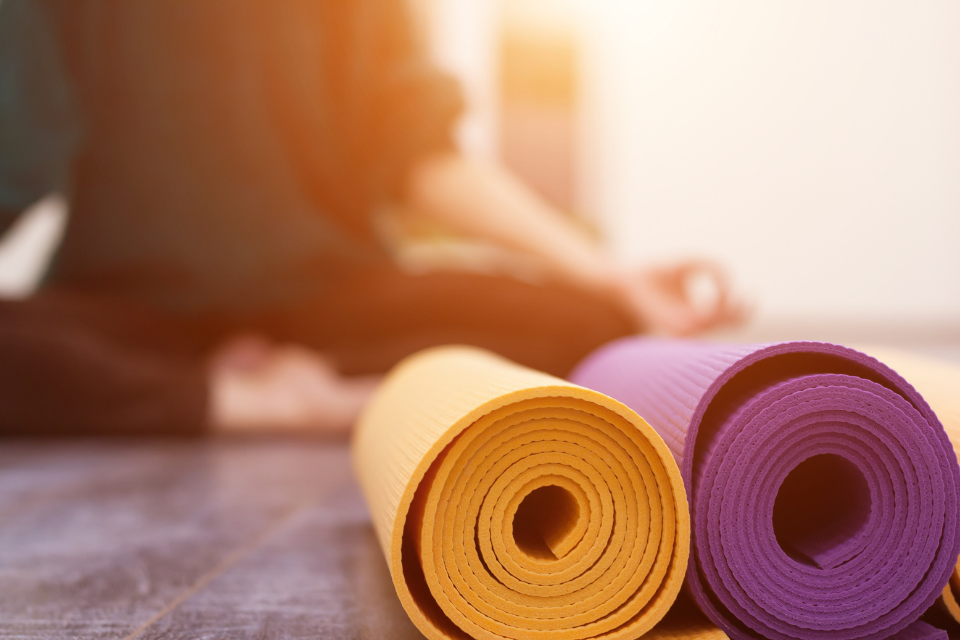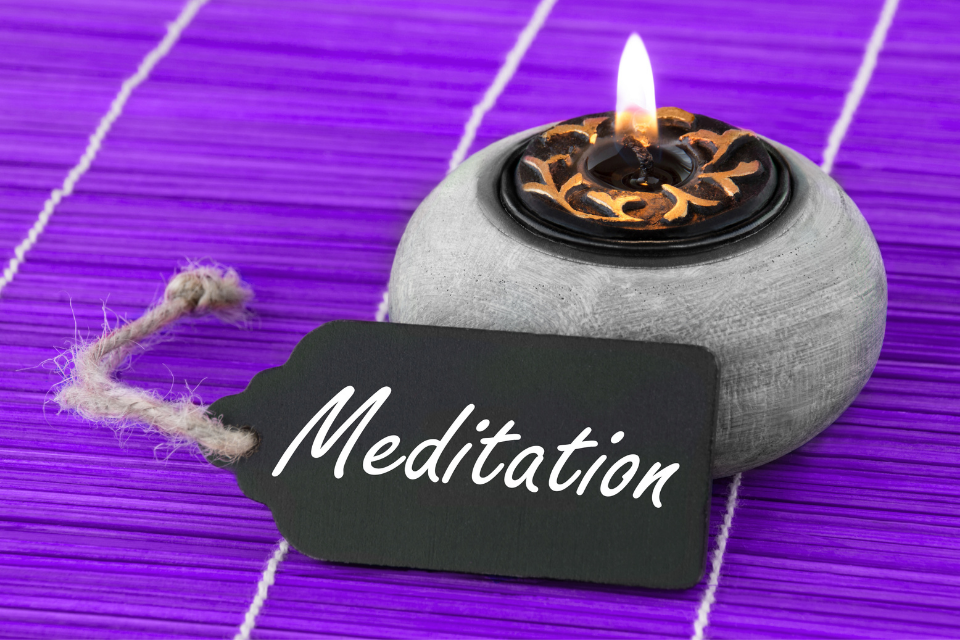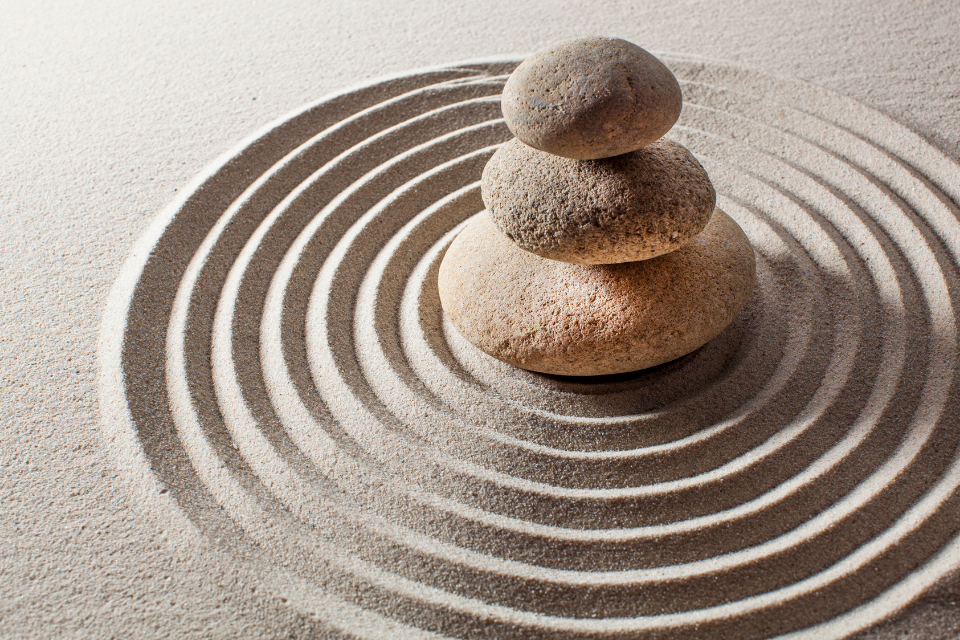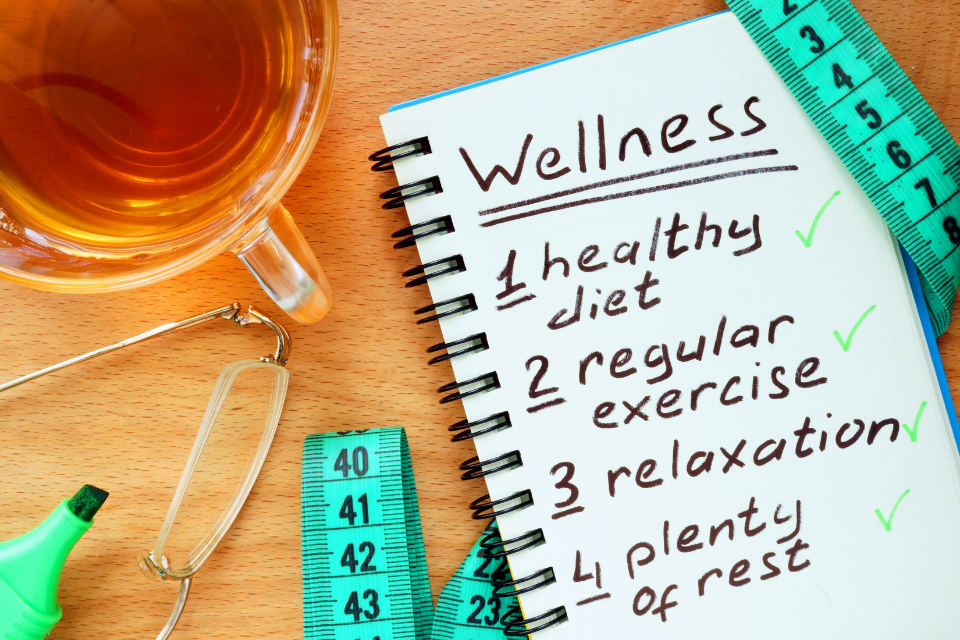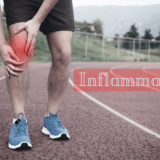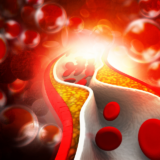Exercise
Move more; sit less, that’s the physical activity guidelines in a nutshell
Adding moderate exercise into your daily life is not only good for mind and body, it can also be a great way to socialise and see friends. Choose an exercise that you enjoy and it is always beneficial to exercise with a friend or listen to music. Even moderate exercise has many benefits including helping you sleep better, boosting your energy and improving your mental, as well as physical, well-being. If you’re trying to reach a healthy weight, exercise will help. Note that any movement is better than nothing
The best approach is to start slowly and build up. Walking, swimming, dancing and yoga are all good ways to get moving and improve strength, stamina and flexibility. Few surveys have revealed that walking is the most popular form of exercise undertaken a few times a week .You’re actually getting, probably, 95% or more of the benefits when you’re walking as compared to jogging.
Be active through moderate exercise at least 30 minutes a day, five days a week. For instance, take a brisk walk. Once you reach that goal, add some strength exercises a few days each week. These build muscles. Also add some stretching exercises, these help you stay limber.
Few Keys to Good Health
Brush your teeth at least twice a day with soft or medium bristled toothbrush (once u wake up and before going to bed)
Stay up to date on vaccines. Grownups need shots, too. You should get a flu shot every year. Immunisation protects by helping to control serious infectious diseases.
Wash your hands. It’s one of the easiest and most effective ways to avoid catching whatever contagious bugs are going around. The key is to be thorough: After you lather up with soap, scrub your palms, the backs of your hands, between your fingers, and under your nails for at least 20 seconds
Give your skin access to healthy dose of the sun’s rays and you are likely to experience some tangible benefits immediately like increased Vitamin D, improved mood, higher quality sleep, stronger bones, lower blood pressure
Limit alcohol drinking. It’s true that moderate amounts of alcohol have been tied to some health benefits, like a lower risk of heart disease, but there are also serious downsides to drinking, such as a higher risk of cancer and liver disease. So you shouldn’t start drinking for the sake of good health.
Steer clear of smoke. Smoking doesn’t just hurt your lungs. It harms almost every organ in your body, making you a more likely target for cancer, heart disease, and other serious illnesses. Second-hand smoke is dangerous, too, and there’s no amount that’s “safe.” If you live with a smoker, support them in quitting or at least ask them to take it outside


